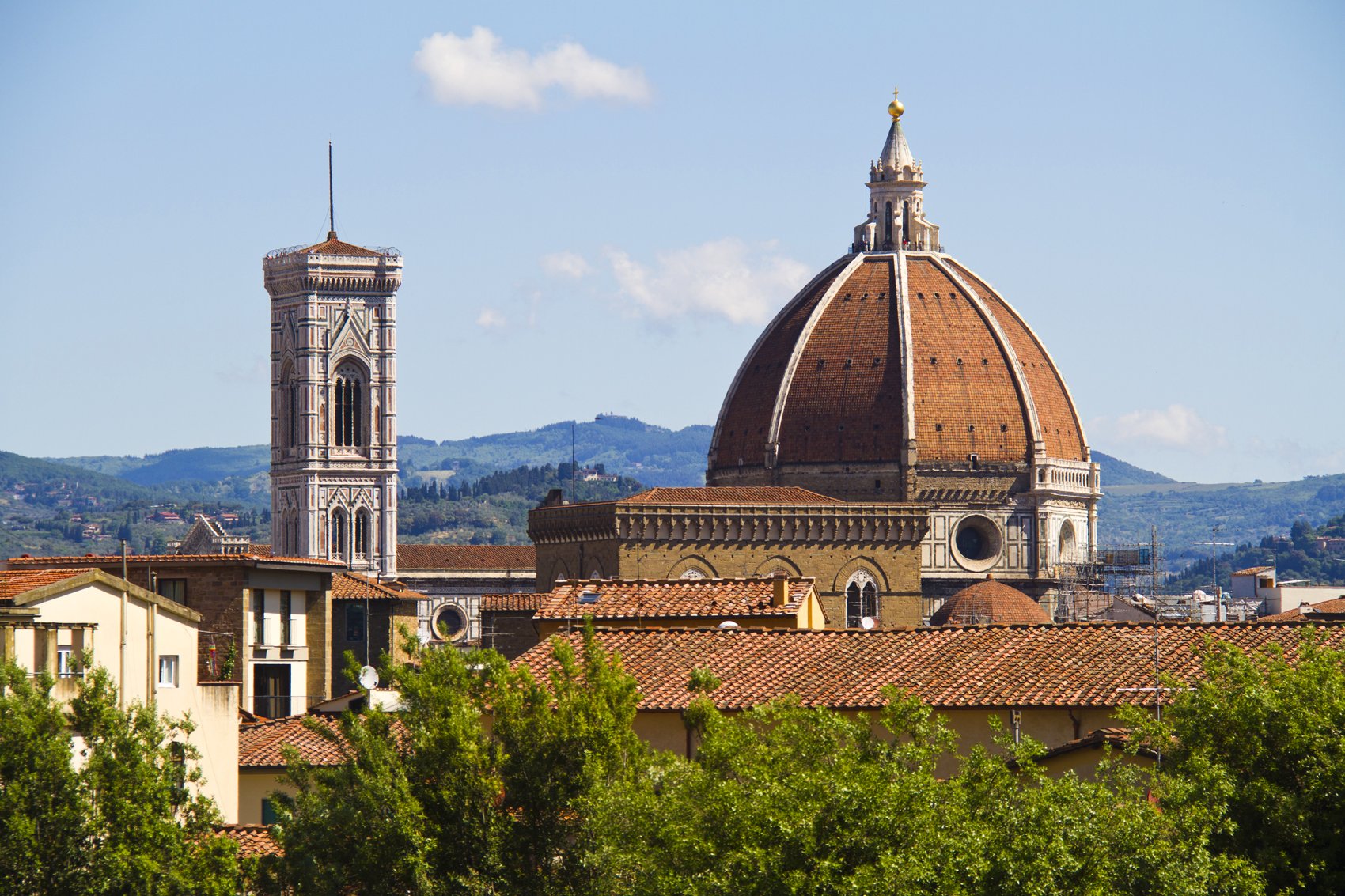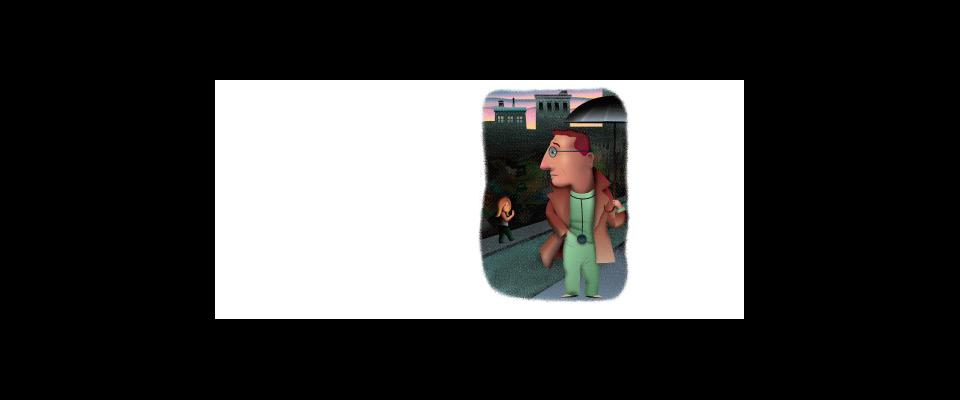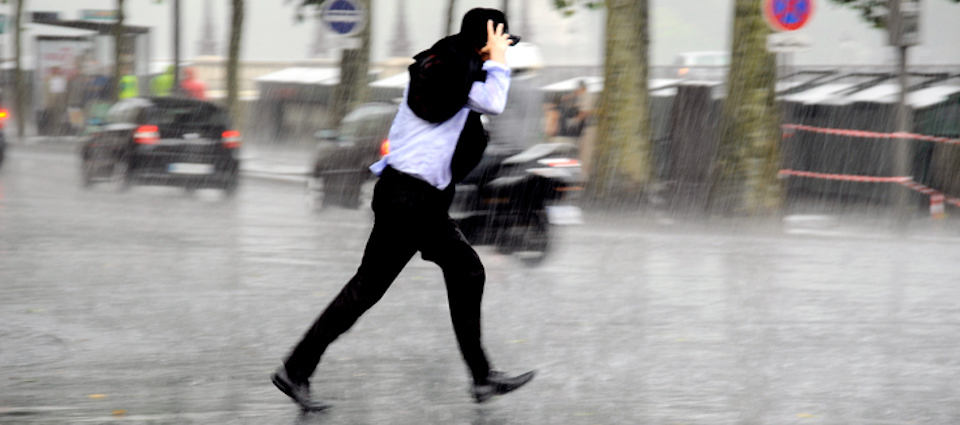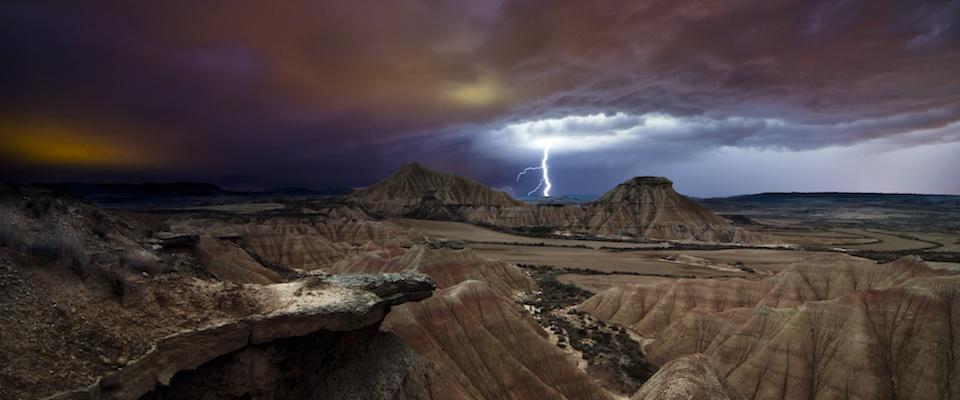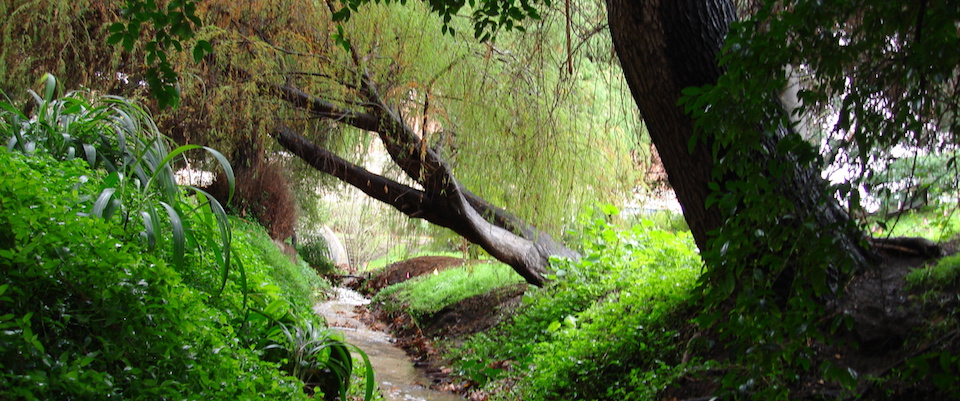It’s a rainy Saturday night, and I’m huddled in a doorway, pleasantly buzzed after a few drinks with a beautiful Russian girl I will never see again. The sky is wet iron, tinged with bronze from the reflected light of San Francisco. Rain patters the concrete and nips at the hem of my jeans. The moment is broken when a distinguished man hurries towards me and says:
“Listen, you’ve gotta help me. My name is Roland Chase. I’m from Burbank. I was driving up the coast when I was carjacked. They took my wallet, man.”
His salt-and-pepper beard is shaved very close. Clean leather shoes, but a cheap watch. He’s awfully dry for someone who was carjacked in the rain. Noticing details is part of my training.
“My wife and kids are in the car waiting for me. I called the CHP and they won’t help me. It’s only $12.87 for a can of gas….”
Not 20 bucks; $12.87. Scams work better with specifics. To him I must look like another kid on the town with more cash than sense. I wish I had gray hair to match my years of cynicism.
Clouds pout overhead. An 80 percent chance of downpour, 99 percent chance of scam.
I’m an ER doctor. I trained in the worst neighborhoods of L.A. and Philadelphia. The paramedics would bring me the freshly dead, all gray and blue and colors that people shouldn’t be. I’d pump on their chests to try to bring them back. I’d juice them with adrenaline, shock them with electricity, even cut open their chests to squeeze their hearts back to life.
Dead stays dead. When you don’t take care of your diabetes or your high blood pressure, you’re asking for reprisals. Crack cocaine and Mad Dog are not good bedfellows. With every death, I got weaker, smaller.
But I never lose kids, I used to say. No child dies in my ER. I had to draw a line somewhere.
Baby Jessica was only 11 days old when her parents rushed her in. She was small even for a newborn. I’ve eaten bigger burritos. Her skin was cold, her arms limp at her sides. We put a tube down her tiny throat and pumped in oxygen. We gave her saline and sugar and antibiotics.
She was 12 days old when she died. Her parents stared at me without speaking. The pediatrician, a prim tiny woman who could have been anyone’s favorite aunt, tried to console me. I didn’t stand a chance, she said. One percent at best.
“Sir, can you just help me out with a little something….” Chase pleads with me, pulling at the sleeves of his coat like a junkie. I feel his need burning.
By my final year of training I was burned out. I had lost too many times. I hated medicine. I hated pumping on dead people and I hated trying to take care of idiots who didn’t care for themselves.
It was Christmas Eve when the paramedics rolled Rosalita in while she flailed in the throes of a seizure. She had just had a baby six weeks earlier, and her tear-stained sister told me she had tried to kill herself. If I didn’t figure out what she had taken, her brain would fry in her skull.
Only one small detail of the EKG tracing stood out. It suggested tricyclic antidepressant overdose. I picked up a syringe of sodium bicarbonate: baking soda in water. It was a long shot. Less than one percent.
Rosalita awoke three days later. I watched her take the first steps of her new life. “My legs hurt,” she whined. “Can I have a pain pill?” I would have liked gratitude, but I don’t need it. Every year on Christmas Eve I toast to one less orphan in the world.
Yesterday a gallon of blood drained onto my shoes while I struggled to keep a man alive after he flew off his motorcycle. I still try to convince alcoholics to go to AA, smokers to quit, diabetics to take their insulin. I still scream “Don’t you die on me!” and yet they do. Even children.
I hand $20 to Mr. Ronald Chase, or whatever his name was. He rushes off, his heels clapping wet pavement. Ninety-nine percent chance he’s off to buy a forty or crack or black tar heroin or whatever.
But maybe, just maybe, he’ll fill his gas can and rescue his family from a dark street on a rainy night.
I have to believe in my one percent.



